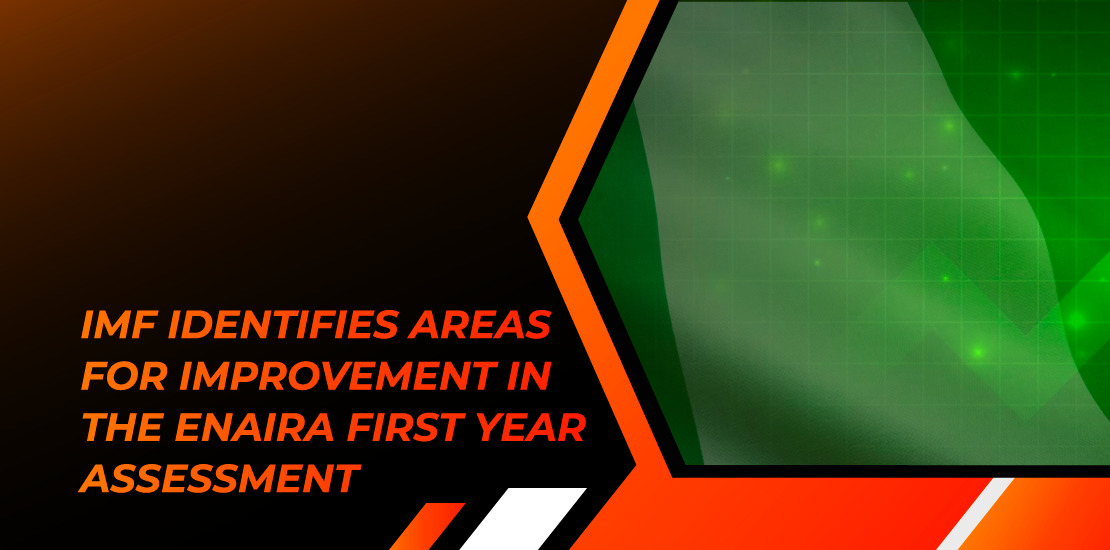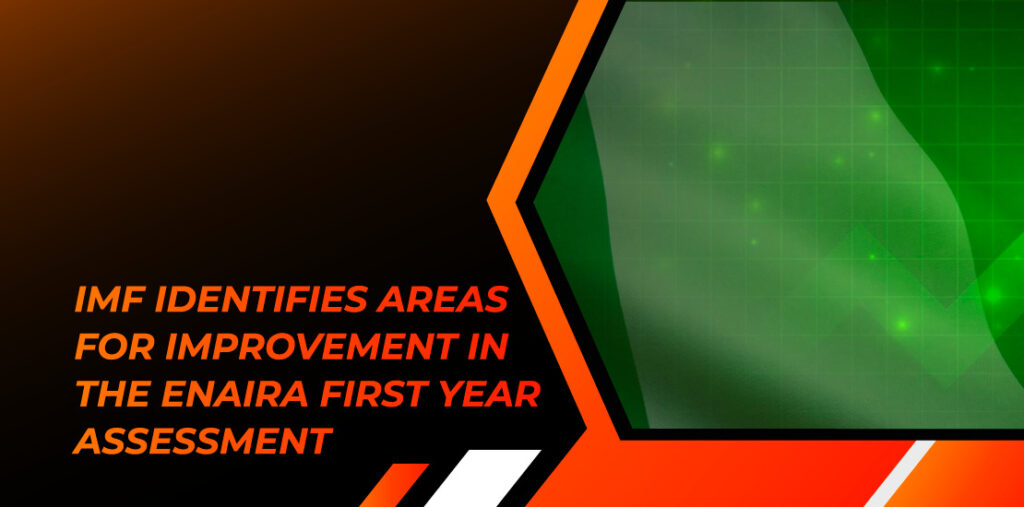- May 24, 2023
- Posted by: [email protected]
- Category:


Despite being almost a year old, Nigeria’s eNaira central bank digital currency (CBDC) has failed to reach 1% of the country’s population, according to an IMF study. The performance of the eNaira was rated as “laudable” by IMF analysts, who also made some suggestions for improvement.
Launched in October 2021 as the world’s second CBDC after the Bahamian Sand Dollar, the eNaira has primarily been adopted by early adopters and has not gained significant traction beyond them. The IMF paper found that the retail side of the eNaira functioned well in terms of intermediation and latency. However, the phased introduction strategy implemented by the Central Bank of Nigeria (CBN) delayed the achievement of two major goals: extending financial inclusion to the unbanked population and facilitating remittances.
The assessment revealed that only about 1.5% of wallets were active on a weekly basis, and there were a total of 802,000 transactions during the period examined. This represents less than one transaction per wallet, and less than 1% of bank accounts in Nigeria have eNaira wallets. The report noted that, like other network products such as credit cards, breaching the initial low adoption equilibrium required innovative techniques and some degree of chance.
The article raises several major questions, including the eNaira’s relationship with mobile money operators (MMOs), who have a vast network in Nigeria. The eNaira could either compete with MMOs in the retail market or act as a bridge between MMOs and the CBDC. While replacing all MMO services with the eNaira seems unlikely, the paper noted that a bridging function could trigger a significant industry reshuffle.
As a single-currency system, the eNaira currently lacks direct compatibility with remittances. However, the article suggests that this limitation could be overcome by allowing international money transfer operators (IMTOs) to receive eNaira wallets or by utilizing intermediaries. The IMF researchers recommend the former option, even though both options may still incur high costs. This is concerning, considering the existence of a parallel underground market that serves a similar purpose.
The study offers numerous methods to encourage eNaira acceptance, including using the CBDC for social payments in conjunction with MMOs to enhance the social cash transfer system and increase adoption. Incentives could be provided to merchants to encourage the use of eNaira for transactions. The CBN has already started working on inclusivity through the eNaira, but challenges remain in the area of remittances, as highlighted by the IMF assessment.



